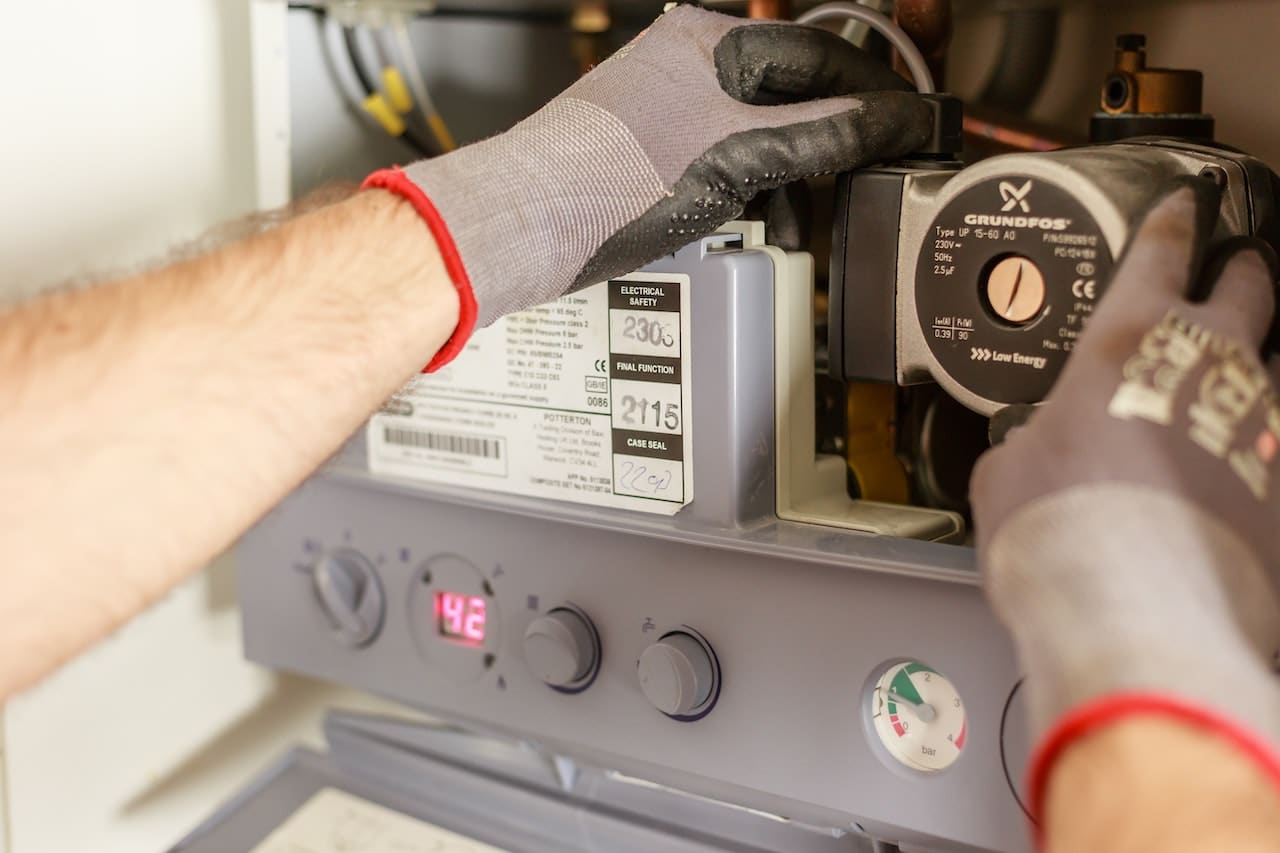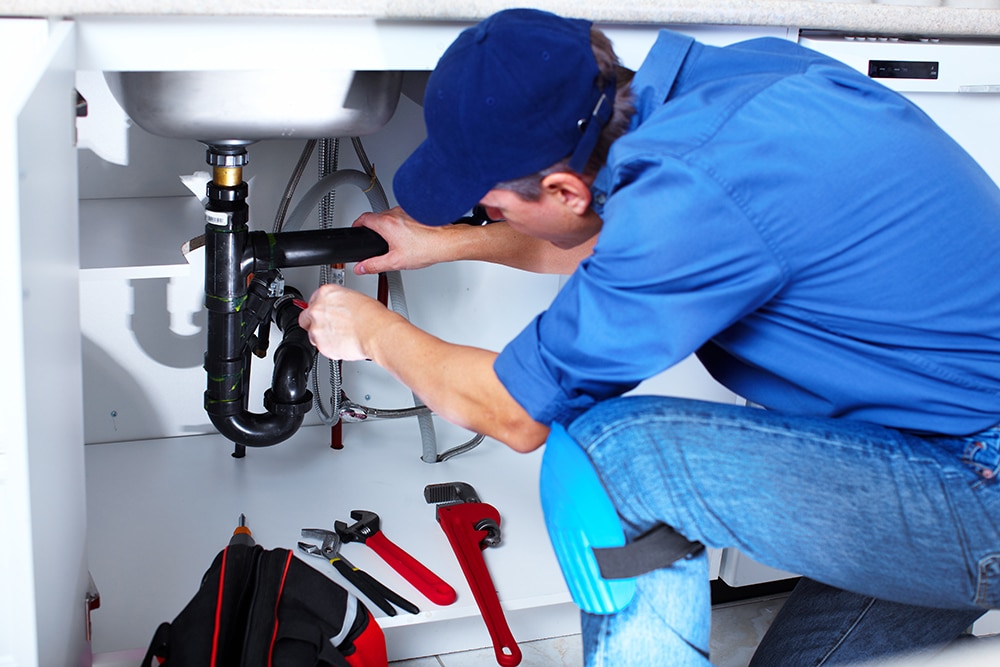In the past year, the U.S. Geological Survey and local news reported 60 earthquakes in North Texas, and one of the first things to do after an earthquake is check your plumbing. Sewer lines often develop clogs or damage after an earthquake, so it is imperative to check them after the tremors have subsided. Here are the signs you should look for and what to do to repair them.
Signs of damage to a sewer line
During an earthquake, the earth can shift and create cracks in underground joints and connections. Sewer lines are no exception to this and can easily fracture. Signs of damage to the line can include wet spots or foul smells. It is important to contact a plumber to assess the damage. The plumber can use noninvasive technologies to find the source of the problem.
Sewer lines and main water lines are underground. The damage from an earthquake can cause immediate ruptures, but it can also cause the ground around the pipes to shift, increasing stress along them. In some cases, water line breaches can occur hours, even days after the quake. You can look for signs of a sewer line breach if you notice puddles in your yard, hear dripping sounds, or see unusual greening of your grass.
Repairing a clogged sewer line
After an earthquake, your sewer line may need to be repaired to prevent further damage. Shifting earth can crack underground joints and connections, and this damage can cause your sewer line to fail and clog. Symptoms of a sewer line problem can include wet spots and foul odors. If you notice any of these issues, it’s a good idea to call a plumber to assess the damage. They can use noninvasive technology to determine if your sewer line is damaged and how to fix it.
To get fast and reliable service, call a plumbing company in Chatsworth, CA. Candu Plumbing & Rooter is a local company with over 20 years of experience. They are trained to handle a wide variety of plumbing problems and are honest and upfront about pricing.
You might be able to detect a clogged sewer line if you hear a gurgling sound when flushing the toilet or draining a bathtub. These sounds are caused by a clogged pipe, and they could lead to serious problems later on.
When an earthquake strikes, major water and sewer lines are most likely to rupture and become clogged. In addition, the earthquake will shift the ground around the pipe, increasing the amount of stress that occurs along it. Even days after the quake, the damage to your pipes may be too extensive to see immediately, so you’ll need to check for signs of water leaks. A clogged sewer line can cause a range of problems, so it’s important to keep a close eye on the quality of your water in order to avoid further damage.


